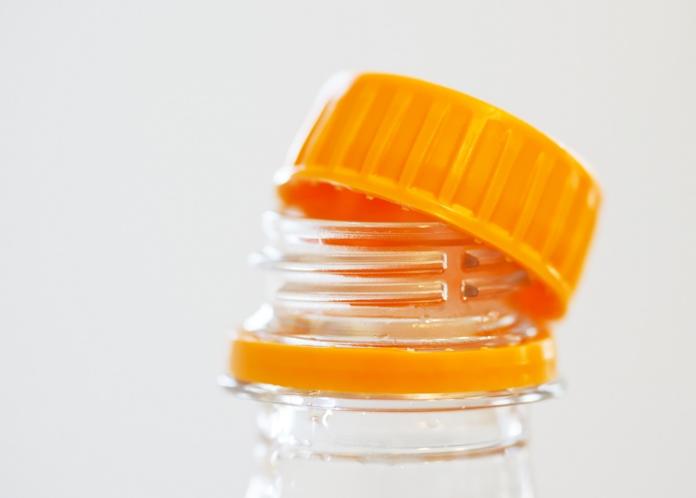The plastics industry makes a valuable contribution to the country’s output growth and employment with a multiplier effect of 3.7 % for every job created and 3.5 % for every Rand invested to grow the industry.
The negative impacts of a national economy that has not grown at any meaningful rate for over a decade, losses suffered as a result of the industrial action taken by striking workers, a weakening Rand-Dollar exchange rate, competing against cheap imports; high electricity costs and unreliable supply have forced many of our manufacturers and recyclers to lose the fight for survival.
Counting the high cost of load shedding on the plastics industry
- Persistent energy shortages disrupted businesses: machines that usually run 24 hours a day (because it requires a minimum of 2-3 hours for them to start up and reach an optimal temperature), lost power numerous times during the day and mid-operations.
- Large amounts of raw materials and resources were wasted as these machines needed to be scraped clean in order for the start-up process to begin anew.
- In many cases, expensive equipment and machines have had to be decommissioned or replaced as a result of damage caused by electricity spikes.
- Because local plastics suppliers were unable to meet deadlines and supply orders in time, foreign competitors gained the upper hand. South African companies were seen to be unreliable and more finished products were being imported into the country – placing thousands of local jobs at risk.
Recognising the role of plastics in creating a green economy and mitigating climate change
- Life cycle assessments have proven that plastic products are more environmentally-friendly than other materials if they are disposed correctly and recycled effectively.
- Plastics that are fit-for-purpose and designed with their recyclability in mind offer a low carbon footprint and low environmental impact – often even lower than products that are biodegradable.
- Plastic bags manufacturers have removed fillers to produce bags that are fully recyclable and 100 % certified recycled plastic material is now used to produce some carrier bags. This creates an end-market for recycled plastic products and helps to reduce waste to landfill.
- The plastics industry has made impressive progress in developing a true circular economy where raw materials and resources used for the manufacturing of the original product, gets re-used time and time again. By ensuring that the products we create become part of a circular economy, we create a win-win situation for the environment and for the industry.
- The amount of plastics that were recycled in South Africa during 2018 alone saved enough oil to fuel 200 000 cars for one year – traveling 30 000 km/pa
- Plastics recycling in 2018 saved 246 000 tons of CO2 – the equivalent emissions of 51 200 cars
- The plastics recycling industry provided direct employment to more than 7 800 people and created a further 58 500 income-generating jobs
- 3 billion rand was injected into the informal sector through the purchasing of recyclable plastics waste during the same year.
Investing in infrastructure and structural transformation
The President listed various shovel-ready, public infrastructure projects that are ready to be rolled out, such as the building of new dams and road construction.
Thermoplastic pipes are used to provide vital infrastructure and mixed plastics waste can also be processed with sand to make paving blocks suitable for walkways and pedestrian paths as well as a component in rural road construction.
Developing a master plan to support local businesses
Government plans to designate 1 000 locally produced products that must be procured from SMMEs. The President announced that projects with an investment value of R9 billion have already been completed and 27 projects worth just over R250 billion are in implementation phase that will see newly-built factories that manufacture smartphones, cars, power cables, tyres and food. Steps taken to clamp down on illegal imports and under-invoiced products are also welcome news as we have been working closely with the DTI in recent months to develop master plan that is aimed at growth, sustainability and building the green economy, lowering tariffs and introducing incentives for local manufacturers.
